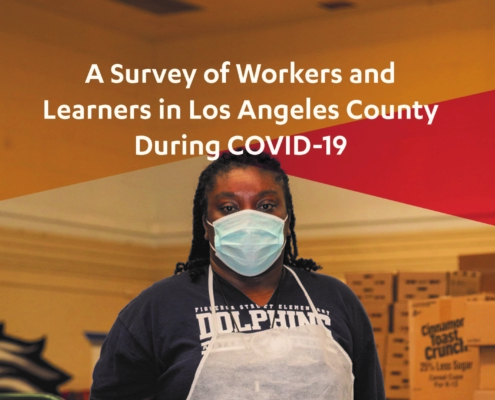
Dean’s Fund for the Study of Diversity and Racial Inequality Accepting Grad Student Applications
In light of the reawakened reckoning on racial justice issues…
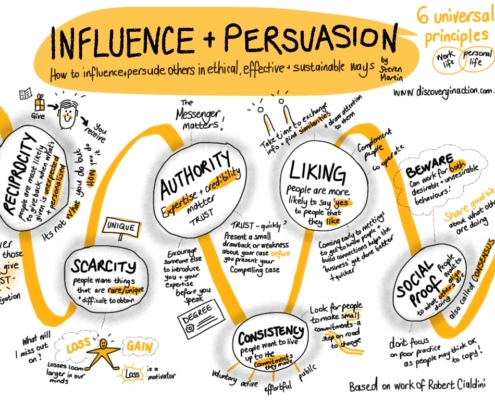
LA Social Science 2021 Summer Course Previews: Communication Courses with Professor Suman
As summer 2021 approaches, LA Social Science will be highlighting…
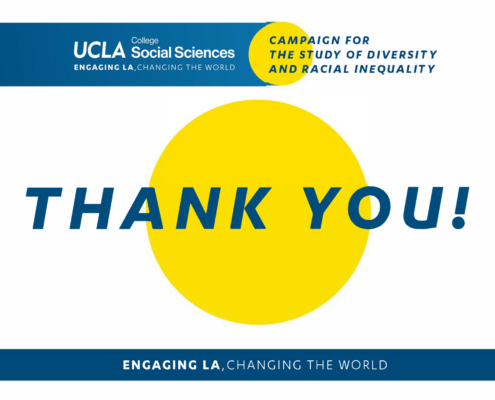
UCLA Division of Social Sciences Exceeds Campaign Goal for Dean’s Fund for the Study of Diversity and Racial Inequality
In light of the reawakened reckoning on racial justice issues…
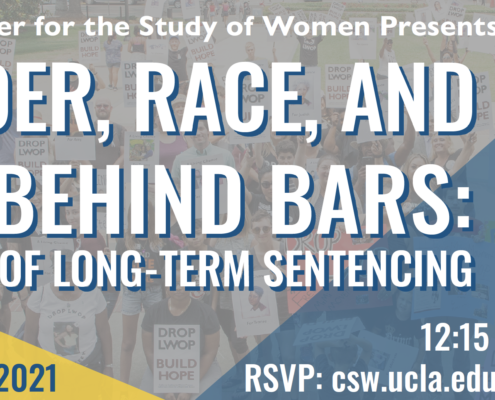
CSW Gender, Race, and Age Behind Bars: Impacts of Long-Term Sentencing Event on Feb. 3
UCLA Center for the Study of Women Presents:
GENDER, RACE,…
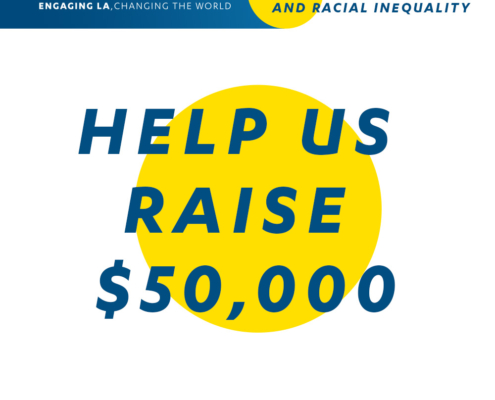
UCLA Division of Social Sciences Launches Dean’s Fund for the Study of Diversity and Racial Inequality
Supporting scholarship that examines a broad range of identities,…
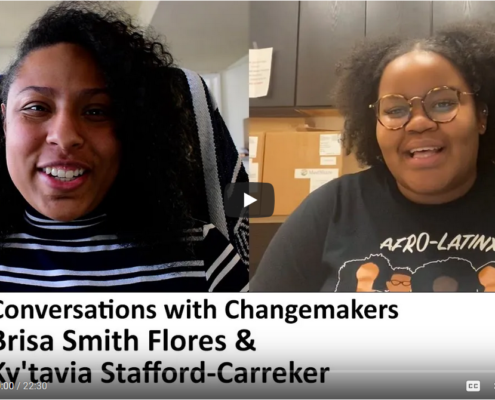
LA Social Science Presents “Conversations with Changemakers” Featuring Students Discussing Afro-Latinx Identity
During Latinx Heritage Month, LA Social Science interviewed…
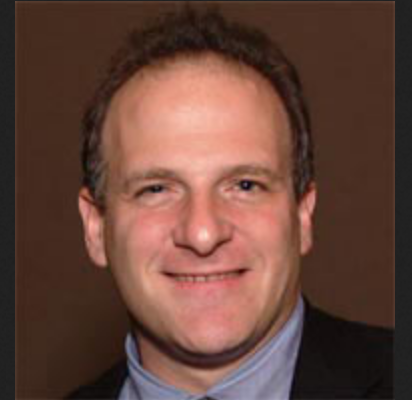
Gift Establishes The Study of Black Life and Racial Inequality Program Fund in Anthropology at UCLA
UCLA Anthropology alumnus and Professor Robert B. Lemelson has…

The UCLA Black Feminism Initiative Offers A Much Needed Social Justice Perspective
The UCLA Newsroom recently spotlighted the UCLA Black Feminism…
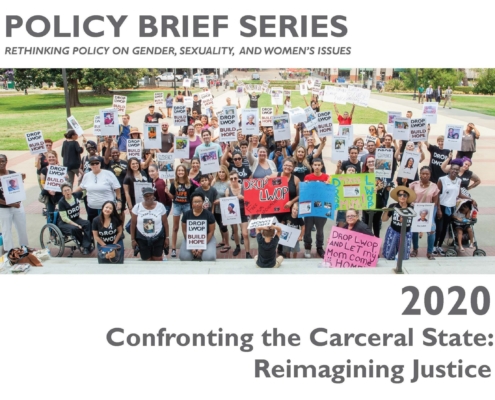
CSW Policy Brief Series 2020 Presents Confronting the Carceral State: Reimagining Justice
In 2019, the UCLA Center for the Study of Women (CSW) collected…

Workers and Learners’ Experiences in Los Angeles County
By Sophia L. Ángeles, Graduate Student Researcher; Janna Shadduck-Hernández,…

